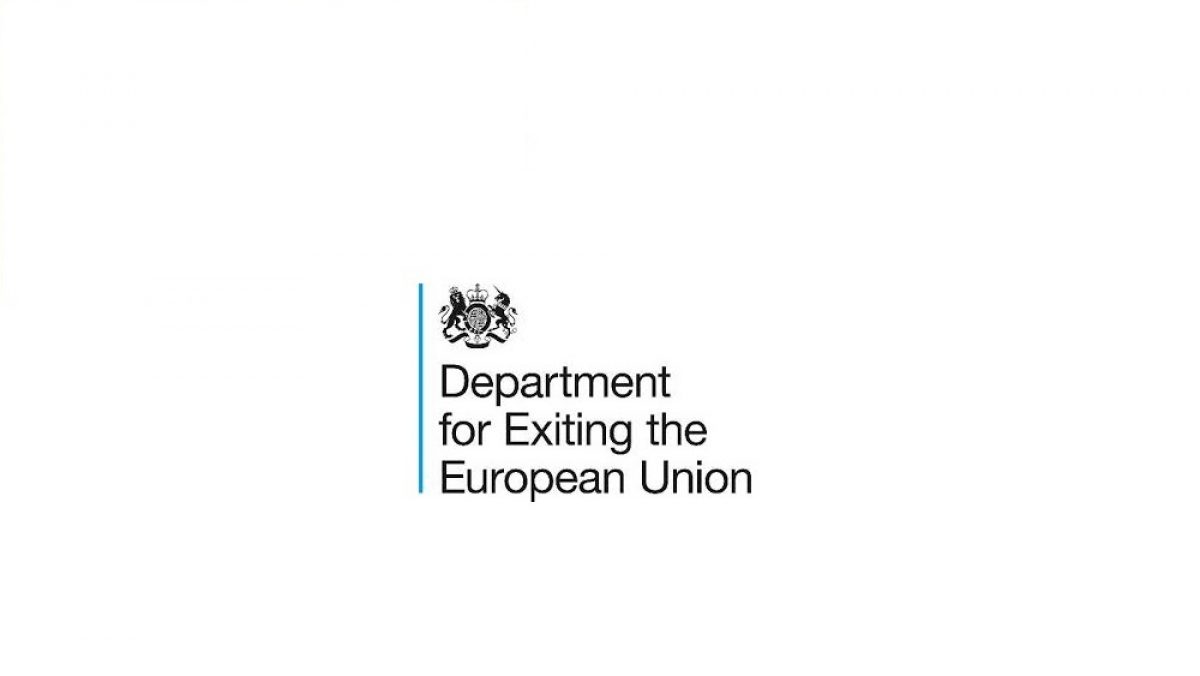
The UK Government has published several presentations on its vision of frameworks for the UK-EU partnerships post-Brexit. In summary, the Government has broken down the future economic partnership into 10 key areas for agreement between the UK and EU:
- Goods
- Customs
- Digital & Broadcasting
- Horizontal measures
- Mobility framework
- Agri-Food and Fisheries products
- Services and investment
- Financial service
- Energy
- Transport
Transport includes: aviation, road, maritime, rail.
The presentations provide an insight into the Government’s negotiating positions. A useful insight as the promised White Paper remains delayed.
Government’s key statement: “A strong economy that works for all, embracing economic and social reform, and building on the UK’s record of high standards, independent regulation, and free and open markets.”
The Government says:
Principles for the economic partnership
The UK believes it would be in our mutual interest to deliver an economic partnership with the EU that is broad, deep and balanced, underpinned by robust arrangements.
BROAD: The partnership should cover more sectors than any other free trade agreement, including areas where our economies and peoples are linked, such as financial services, energy, transport, and digital
DEEP: The partnership should break new ground on depth of mutual market access, reflecting our unique starting point where at the end of the implementation period we will have the same laws and rules
BALANCED: The partnership should include reciprocal commitments to ensure open and fair competition, proportionate to the level of market access, and needs to be consistent with our commitments on Northern Ireland
Structure: proposal for the UK-EU economic partnership
A deep and special partnership would likely require an overarching framework, but be flexible enough for some agreements to be standalone, outside of this framework.
OVERARCHING INSTITUTIONAL FRAMEWORK
The overarching institutional framework could include other parts of the future partnership, which are not subject to discussion today.
POLITICAL OVERSIGHT
The political oversight could provide for Leaders and Ministers from the UK and EU to give direction to the development of the future relationship - making decisions about how and when changes to the relationship were necessary, and ensuring accountability to our parliaments.
JOINT COMMITTEE
The Joint Committee could take direction from political oversight. It could ensure the agreements operated effectively, manage the processes for regulatory cooperation, and propose changes as necessary.
ECONOMIC PARTNERSHIP
The economic partnership could consist of a number of different agreements, covering a broad range of issues. The majority of these agreements could fall under the overarching institutional structure, and therefore be subject to the political oversight and the Joint Committee, and arrangements for the resolution of disputes and regulatory cooperation…
OTHER AGREEMENTS
… but some agreements could sit outside it – for example where specific governance arrangements are needed, or an agreement should enter into force earlier than the institutional framework itself.
Within the Transport presentation, the Government proposes: market access arrangements for commercial road transport operators (goods and passengers). Private motoring.
The Government states that “there is widespread industry support for continued liberalised flow of road haulage, in both UK and EU27 – highlighting comments from RHA and International Road Transport Union (IRU).” The UK wants an enduring solution that negates the need for permits, additional documents, and systematic document checks for all road users.
UK proposal for road transport
The UK wants an enduring solution that negates the need for permits, additional documents, and systematic document checks for all road users.
UK/EU OBJECTIVE
Road Haulage
Maintain liberalised access, including “cabotage” and “crosstrade rights.”
Road Passenger Transport
Maintain liberalised cross-border bus and coach travel.
Commercial and Private Road Users
Maintain citizens’ freedom to drive in the UK and EU without additional checks and documentation.
SUPPORTED BY:
- -Mutual recognition of licences, registration documents, roadworthiness testing.
- -Mutual recognition of Operator licences and Certificates of Professional Competence.
- -Compliance with international rules – e.g. on drivers’ hours.
